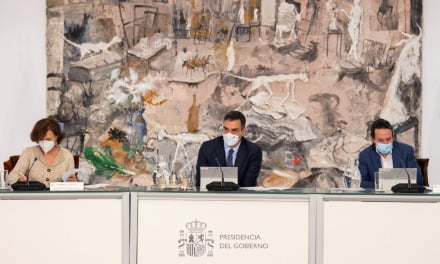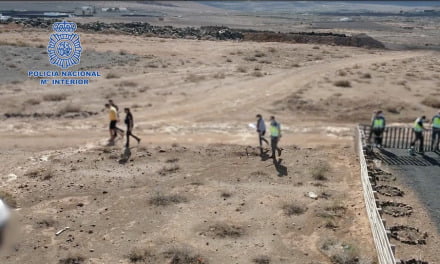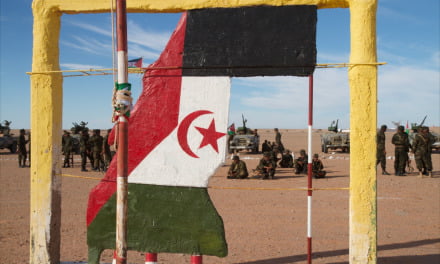The police raids across the South of Gran Canaria, on Friday, as part of a cross border investigation into the illegal organising of irregular migration, in the municipality of Mogán, have resulted in nearly 50 arrests, with a confirmed total of 27 arrested on Gran Canaria, 17 of whom have been directly jailed on charges. Policia Nacional Agents have made between 15 and 20 more arrests in mainland Spain related to these events, investigating alleged crimes including the illegal trafficking of migrants by boats from the west African coasts to the Canary Islands.
A large number of the detainees include Moroccan nationals and natives of that country, naturalised as Spanish, as well as Italians all allegedly working together along with various other groups. There has not yet been any confirmations regarding other nationalities. The investigation continues to be open, though under a strict secrecy order, and searches continue to be conducted at a score of establishments, including two hairdressers, a travel agency and apartments located in Arguineguín, Puerto Rico, Playa del Cura and Motor Grande.
 The investigation, and the corresponding operation against human trafficking, began in the Canary Islands and is under the direction of the General Police Department for Immigration and Borders, with agents from Madrid, supported by their colleagues from the Maspalomas Police Command and the Superior Police Headquarters in The Canary Islands, who on Friday morning deployed along the south coast of Gran Canaria to carry out searches and arrests, following several months of investigation.
The investigation, and the corresponding operation against human trafficking, began in the Canary Islands and is under the direction of the General Police Department for Immigration and Borders, with agents from Madrid, supported by their colleagues from the Maspalomas Police Command and the Superior Police Headquarters in The Canary Islands, who on Friday morning deployed along the south coast of Gran Canaria to carry out searches and arrests, following several months of investigation.
With nearly 50 arrests in total already, more than half of them on Gran Canaria, and 17 already jailed on charges, this operation is looking more and more like the result of a massive investigation which is now bringing some real and tangible results.
Nevertheless numbers, travelling along what is known as The Canary Route, have more than doubled already this year, so it remains to be seen whether the dismantling of this criminal group is likely to have any serious affect on the numbers expected to be arriving this summer. Lots of work is going on at the points of departure and countries of origin too, to try to stem the flow. Only time will tell if this changes the situation. Whichever way you look at it, there are millions of people displaced across the Sahel and troubles on the coasts of Africa as well as in Western Sahara, we must prepare to face the probability that this is just one small drop in a vast, and unforgiving, ocean.













